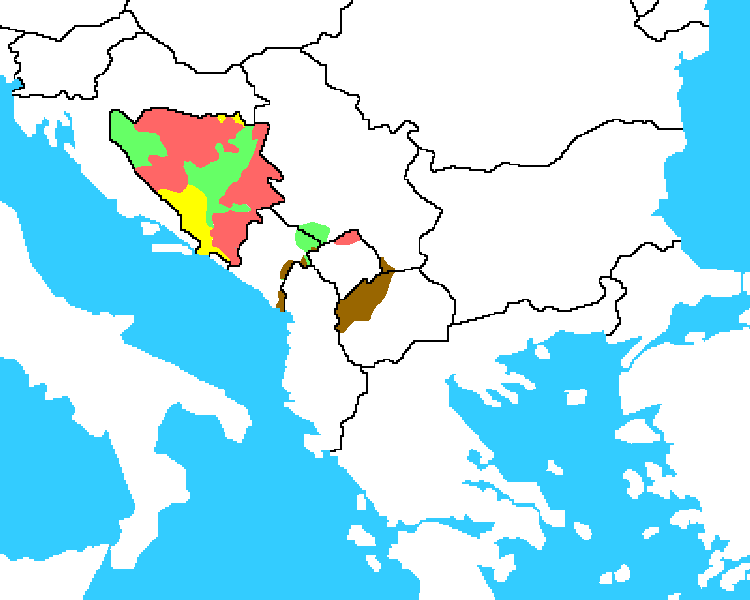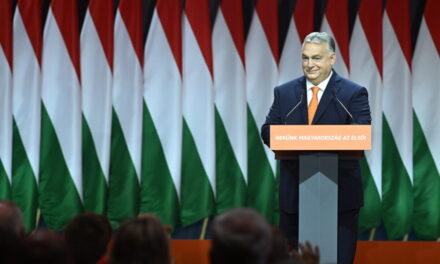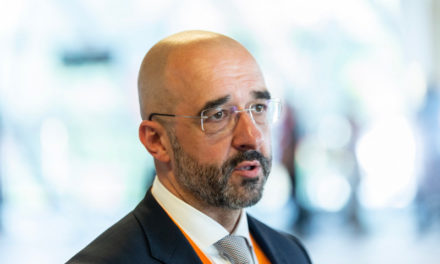German Foreign Minister Heiko Maas reacted to the informal diplomatic note, according to which the borders of the countries formed on the territory of the former Yugoslavia must be redrawn on an ethnic basis in order to ensure the stability of the Balkans.
Changing the borders in the Balkans would be bad for everyone German foreign minister said in Berlin on Monday, stressing that his country has nothing to do with the informal diplomatic note of unknown author on the reorganization of the former Yugoslavia, which appeared in the international press in the past few days.
Heiko Maas, in response to a question, stated at a joint press conference after his meeting with the North Macedonian Foreign Minister, Bujar Osmani, that the document containing only "empty words" should not be discussed.
The German foreign policy for the region is based on "hands off the borders" , said the head of German diplomacy.
He explained that it would affect the whole of the Western Balkans, and it would have a negative impact on all the relationships developed in the region if the borders were modified anywhere.
"We don't want that, we rejected it in the past, we reject it now, and we will completely reject it in the future," stated Heiko Maas.
He added: if rumors were to appear that Germany participated in any form in the compilation of a non-paper diplomatic document on the repartition of the Western Balkans, then it would only be "fake news".
According to the document that appeared in April, in order to ensure the stability of the region, the borders of the countries formed on the territory of the former Yugoslavia must be redrawn on an ethnic basis. Thus, parts of North Macedonia and Montenegro, as well as the whole of Bosnia-Herzegovina, should be divided between Croatia and Serbia, and Kosovo should be annexed to Albania.
The rearrangement plans
The northern, Serbian-majority areas of Kosovo would receive extremely broad autonomy, similar to the German-majority South Tyrol belonging to Italy, and in exchange for this, Serbia would not oppose the union of the Albanian-majority Kosovo with Albania. The Albanian-majority parts of North Macedonia and Montenegro would also expand the newly created Greater Albania, Index .
In addition, Serbia would either receive the Serb-majority Bosnian Serb Republic, or, similar to northern Kosovo, the entity of the Bosnian Serbs would receive South Tyrol-style autonomy, as would the Croat-majority Western Herzegovina. This part of Bosnia-Herzegovina would either join the mother country Croatia, or within Bosnia-Herzegovina - instead of what was stipulated in the Dayton Agreement of 1995, which ended the Yugoslav war - by ending the Bosnian-Croat federation, the Croats would also gain an independent entity.
Citing unnamed Slovenian sources, the Croatian Jutarnji List
As the bircahang.org notes, everyone insists on not redrawing the borders, because this will set a precedent, then the situation will get worse and worse, and in the end the borders will be redrawn anyway, but with much greater damage.
Source: MTI / Index / 2022plus
Illustration: bircahang.org












